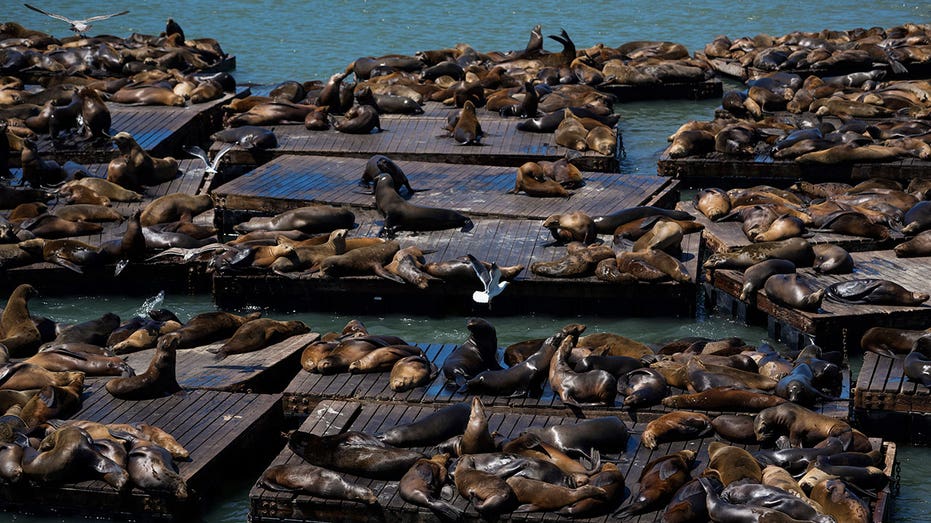Cato Pedder, great-granddaughter of South African PM and white supremacist Jan Smuts, uses her family’s legacy to unearth stories of women that shaped, and were shaped by, a troubled nation
On 29 May this year, South Africans will go to the polls to vote in their seventh democratic general election. Thirty years ago, the country’s first free and fair election saw the formal end of apartheid when, as Cato Pedder writes, “all night, all that day, all the next day, 19.5 million people, 85% of the electorate, queue[d] peacefully outside polling stations across the country … And each of them, as they receive[d] their ballot paper … [felt] this ritual [was] somehow holy.” With Nelson Mandela as the president of the new South Africa, the country was full of hope, but the ensuing decades have been troubled by blatant government corruption, nepotism, water and electricity crises, vast unemployment and social unrest. This year a record 27.72 million citizens are registered to vote (19,525 of those in London), a jump of almost 1 million since 2019. This increase suggests people’s frustrations; their desire to question those in power. Many new voters are women, and women make up the majority of registered voters (55.24%). However, analyses after previous elections have shown that women are often kept from voting by domestic duties, which is likely to occur again in May.
It is women and their role in South Africa’s past that form the subject of Moederland and through which Pedder attempts to understand herself and where or how she belongs. She lives in England, yet her name and blood irrevocably connect her to South Africa and a culture “freighted with shame”. Named after her grandmother, she has spent her life explaining that Cato is not pronounced “Kate-o” but “Cuh-too. It’s Afrikaans, short for Catharina”. Her great-grandfather was Jan Smuts, twice prime minister of South Africa, a man so revered by the British that a statue of him still stands in Parliament Square. Smuts is the only person in the world to have signed the peace treaties after both world wars; he was central to the creation of the League of Nations, and drafted the preamble to the UN charter. He was also a white supremacist who supported racial segregation and was involved in writing and promulgating the laws that paved the way to apartheid. Pedder struggles with her “place in all this”, her great-grandfather tying her “to the white male power that continues to saturate South Africa and further afield”.





